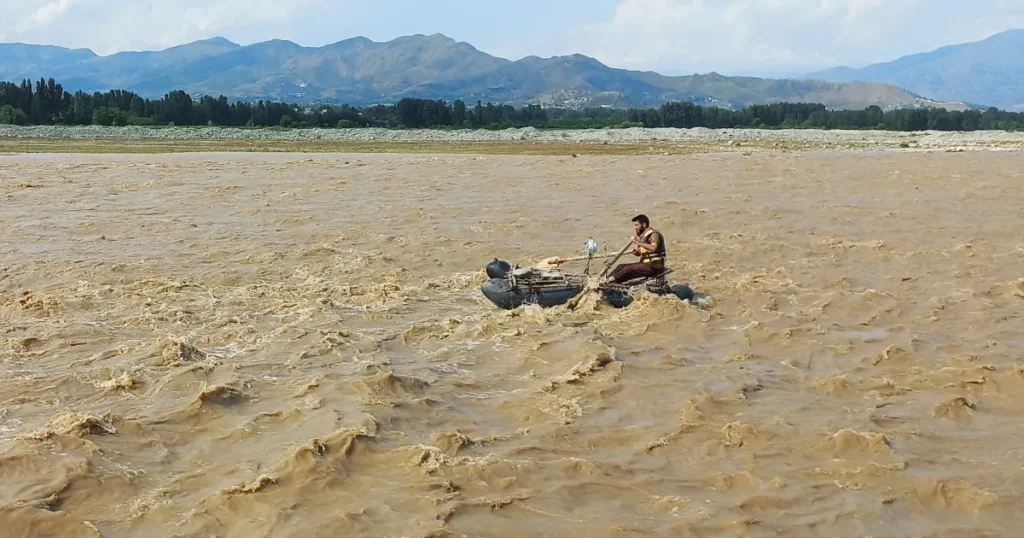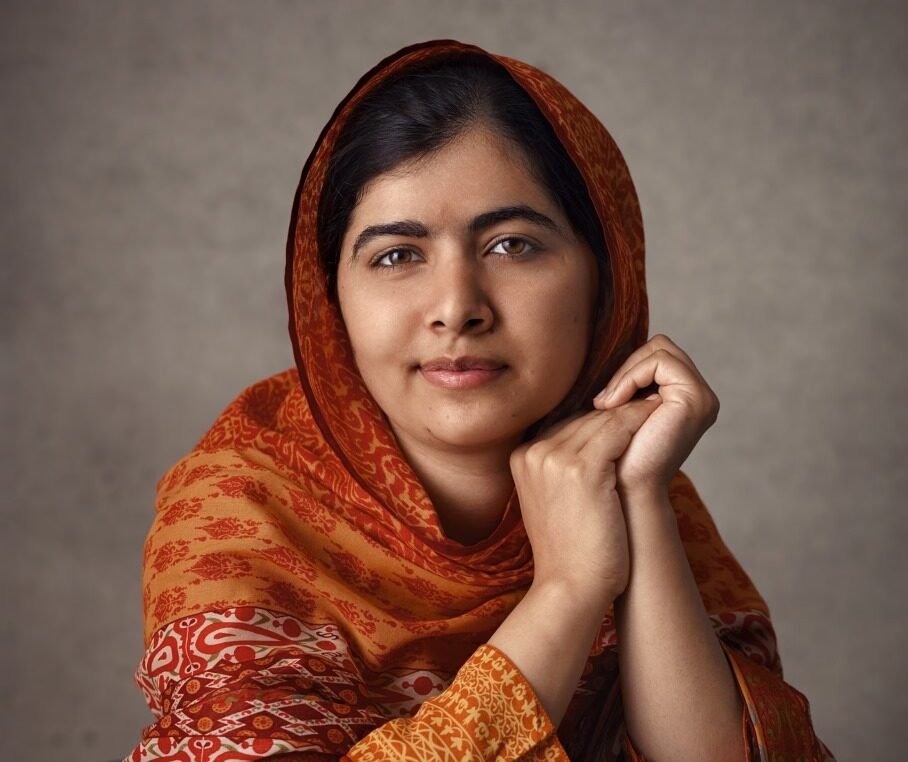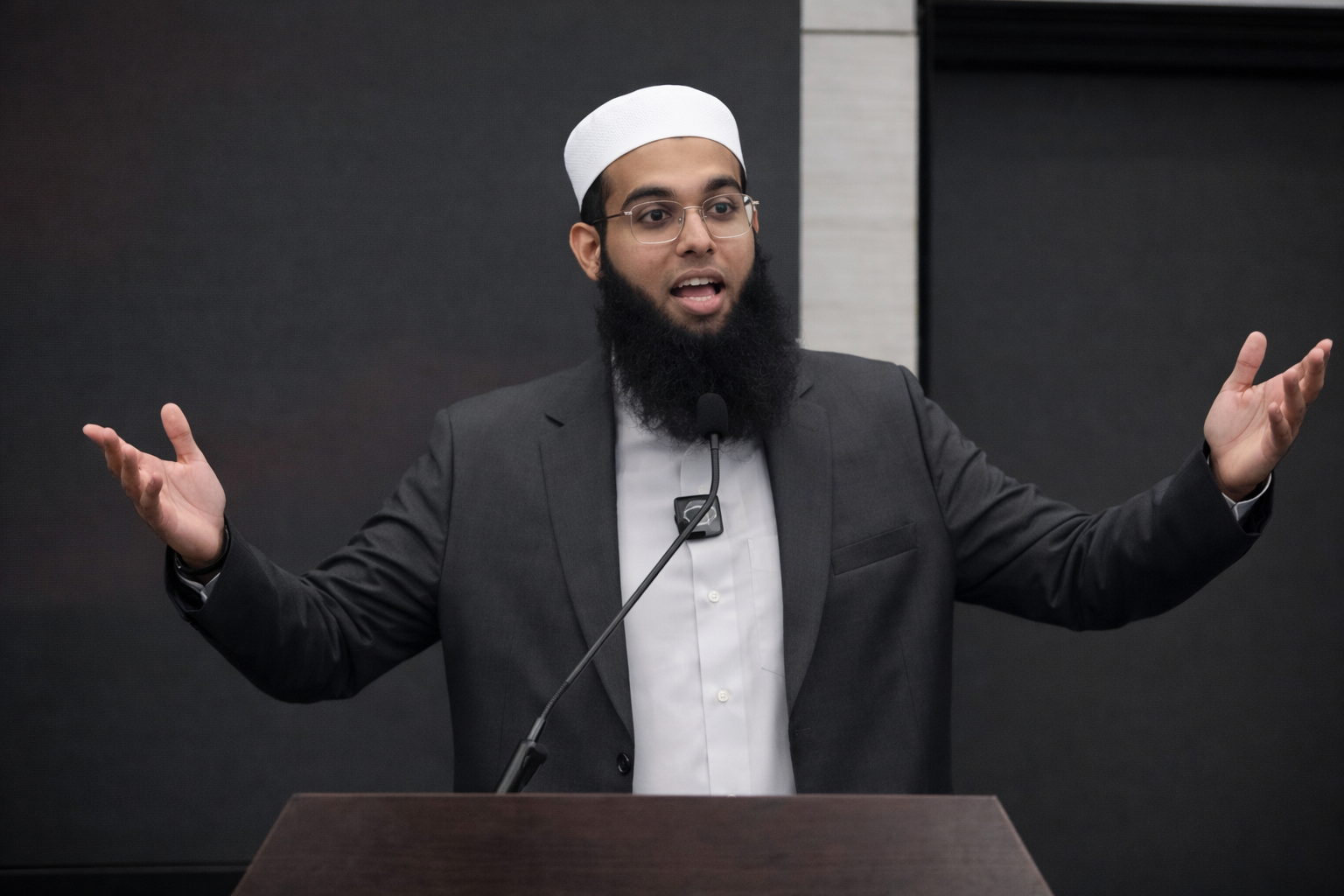Nobel Peace Prize laureate and education activist Malala Says Her Heart Breaks for People Hit by Pakistan Floods leaving millions of people displaced, countless homes destroyed, and entire communities struggling to survive. In a heartfelt statement, Malala said her heart breaks for the people affected by the disaster, especially children and women who are enduring unimaginable suffering.
The floods, triggered by weeks of relentless monsoon rains, have been described as one of the worst natural disasters in the country’s history. Entire villages have been submerged, crops have been washed away, and vital infrastructure such as schools, hospitals, and roads has been severely damaged. According to local reports, hundreds of people have lost their lives, while millions are now left without shelter, clean water, or food. The humanitarian crisis is worsening by the day as displaced families struggle to find safety.
Malala, who has always used her voice to highlight issues affecting marginalized communities, emphasized the urgent need for immediate relief and long-term support for the flood victims. She noted that natural disasters such as these often push already vulnerable groups further into poverty and despair. “My heart breaks seeing the images and hearing the stories of families who have lost everything,” she said, adding that the children who should be in schools are now living in makeshift tents, uncertain about their future.
The education activist stressed that one of the greatest tragedies of such disasters is the disruption to children’s education. With thousands of schools either destroyed or converted into shelters, millions of students are at risk of losing years of learning. Malala called on the government of Pakistan, international aid agencies, and the global community to prioritize the rehabilitation of schools and to ensure that children continue their education despite the ongoing crisis.

Beyond education, Malala also drew attention to the plight of women and girls who are disproportionately affected during disasters. Many of them face a lack of access to healthcare, hygiene products, and safe shelters. She highlighted the importance of ensuring that relief efforts are inclusive and sensitive to the unique needs of women and girls, who are often overlooked in crisis situations.
In her appeal, Malala urged the Pakistani government to increase its efforts to reach flood-hit areas with immediate aid, including food, clean drinking water, and medical supplies. She also appealed to the international community to stand in solidarity with Pakistan during this time of immense need. She reminded the world that climate change is a global crisis, and countries like Pakistan—despite contributing minimally to global carbon emissions—are paying the heaviest price.X
This year’s monsoon floods have once again exposed Pakistan’s vulnerability to climate disasters. Experts warn that climate change is making weather patterns more unpredictable and extreme. Malala echoed this concern, saying that the floods are not just a tragedy for today, but also a warning of the urgent need to take stronger measures against climate change. She urged world leaders to take responsibility and provide financial and technical assistance to countries like Pakistan, which are disproportionately affected by climate-related disasters.
Malala also praised the efforts of volunteers, local organizations, and relief workers who are working tirelessly to provide aid to the affected families. She acknowledged their courage and dedication in reaching even the most remote areas to deliver food, set up medical camps, and provide emotional support to traumatized communities. However, she stressed that their efforts alone are not enough to meet the scale of the disaster. Large-scale, coordinated action is required from the government and international partners.
The activist called on Pakistani citizens to also play their part by donating generously to relief funds and extending help to those in need. “In times like these, we must come together as one nation and show compassion and solidarity with our brothers and sisters who are suffering,” she said.
Malala’s message is a reminder of the importance of empathy, compassion, and collective action during times of crisis. Her words resonate deeply, not only because of her global stature but also because she herself comes from a region that has seen its share of hardship and displacement. Her heartfelt plea reinforces the urgency of the situation and the moral responsibility of governments, organizations, and individuals to act swiftly. READ NEXT https://elevenpakistan.com/babar-rizwan-left-out-as-pcb-announces-17-man/
As the floodwaters continue to ravage large parts of Pakistan, the road to recovery looks long and uncertain. Families who have lost their homes will need years to rebuild their lives. Farmers who have seen their fields destroyed will struggle to recover their livelihoods. Children who are out of school today risk losing opportunities tomorrow. It is in these moments that voices like Malala’s play a crucial role in drawing global attention to crises that might otherwise fade from headlines.
The floods in Pakistan are not just a local tragedy—they are part of a larger global challenge of climate change and humanitarian vulnerability. Malala’s statement highlights this connection, urging people around the world to recognize their shared responsibility in addressing such disasters. Her compassion and advocacy serve as a beacon of hope for millions who are currently enduring suffering, reminding them that they are not forgotten.
In conclusion, Malala’s words capture both the pain and the urgency of the crisis: the heartbreak of seeing millions suffer, and the urgent need for action to provide relief and long-term solutions. As Pakistan grapples with one of the most severe floods in its history, her voice calls for unity, compassion, and a commitment to building resilience for the future. The world must listen, and more importantly, act—because the people of Pakistan cannot afford to be left alone in their time of need.
READ MORE



